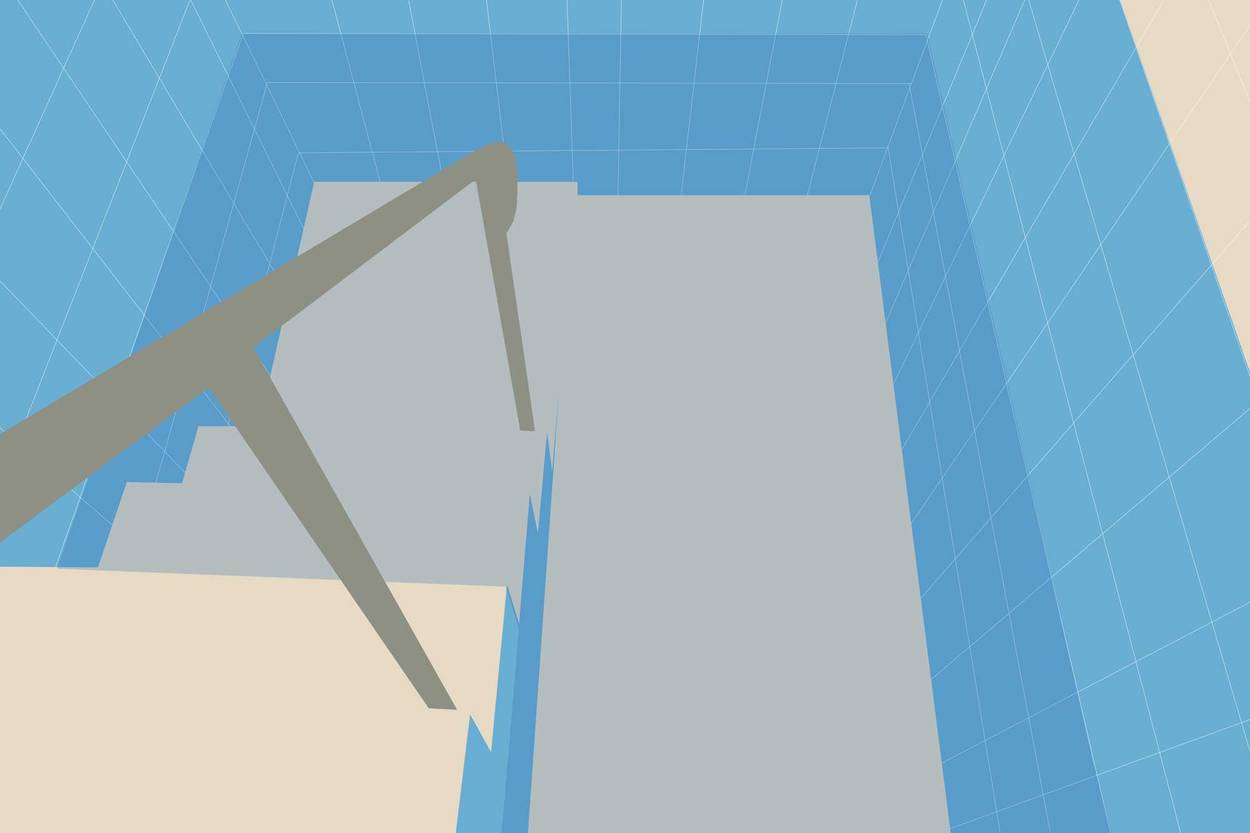New Rules at the Mikvah
Extra scrutiny keeps an essential Jewish institution running amid shutdowns




As the spreading coronavirus outbreak forces Americans to take further defensive measures to avoid contracting and spreading the disease, one realm of Jewish life remains resiliently available. Long after synagogues and study halls have been shut down, mikvaot, or ritual baths, remain open throughout New York City and beyond.
According to Halacha, no physical contact between husband and wife is permissible while the woman is menstruating and for a few days after; to resume intimacy, the woman must follow a set of rules that culminate in dipping in the mikvah and rendering herself pure. Shutting down the mikvaot, then, would mean that observant Jews cannot resume normal family life for the duration of the crisis. To avoid that predicament, mikvaot are taking special precautions to accommodate women while at the same time addressing the new reality of social distancing.
The rabbinic leadership of Englewood, New Jersey, for example, in consultation with the Englewood Department of Health, has issued new guidelines in an effort to make visiting the local mikvah both feasible and safe. The mikvah is now open by appointment only, and the usual preparation and aftercare required—including a shower before and, often, after dipping in the mikvah—are now confined to the home.
“All women are allowed to completely prepare at home,” read a recent email sent by the mikvah to the town’s modern Orthodox population, “and are not required to shower again at the mikvah if they proceed directly to the mikvah after their home preparations.”
The Crown Heights Mikvah, which serves the neighborhood’s Hasidic community, has almost identical emergency regulations. “When you arrive at the Mikvah,” the new instructions posted on its website state, “just recomb your hair and re-inspect yourself before immersion. If you do not have a bathtub available at home, then ask your Rov how to prepare properly at home. For your safety, we will also be maintaining stricter hygiene measures and deeply disinfecting preparation rooms between use.”
Similar strict measures are in effect at the Riverdale Mikvah. “We will have staggered hours to allow for our filtration system to run between usages,” the mikvah informed its members. “Our mikvah pools are always treated with Bromine. Our preparation rooms, main areas, and floors will continue to be cleaned between uses and our cleaning staff will change gloves between cleanings.”
The West Side Mikvah, which serves the neighborhood’s diverse Jewish population, is taking very similar measures to ensure maximum cleanliness, and has also announced that it will prioritize neighborhood residents in an effort to keep the number of visitors to a necessary minimum.
Finally, all mikvaot contacted for this piece have made it clear that anyone who has any symptoms of illness will not be allowed to dip. “Please note for the health of everyone do not come to the Mikvah with any symptoms of illness, including fever, vomiting, diarrhea, and upper respiratory infection, if you are in quarantine or have been exposed to the coronavirus,” read the Englewood mikvah’s email. “We will not allow anyone who is exhibiting any of the above symptoms to use the mikvah. Anyone who comes to the mikvah and exhibits any of the above symptoms will be required to leave.”
While the above is true for mikvaot that cater exclusively to women, several mikvaot for men have closed, as they are not deemed essential for family purity.
According to the Centers for Disease Control and Prevention, “there is no evidence that COVID-19 can be spread to humans through the use of pools and hot tubs. Proper operation, maintenance, and disinfection (e.g., with chlorine and bromine) of pools and hot tubs should remove or inactivate the virus that causes COVID-19.”
Liel Leibovitz is editor-at-large for Tablet Magazine and a host of its weekly culture podcast Unorthodox and daily Talmud podcast Take One. He is the editor of Zionism: The Tablet Guide.